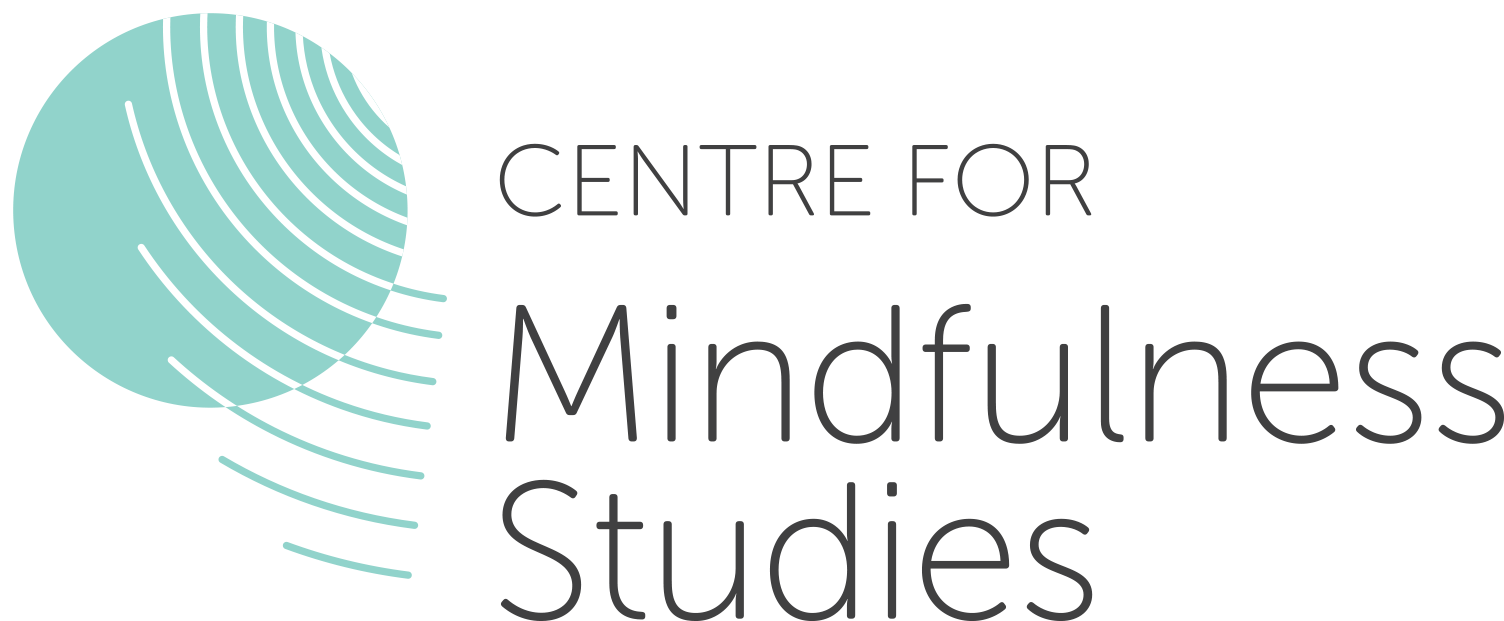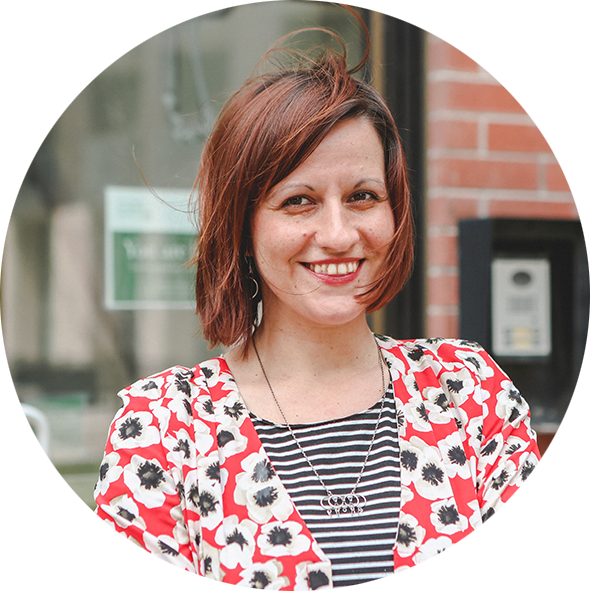Why Community Mental Health?
The Centre for Mindfulness Studies has a bold vision for mindfulness-based mental health. Our long-term objective is to move the routine treatment of mood disorders to a more cost-effective, and vastly more accessible model than what the current healthcare paradigm provides.
Like mindfulness, it’s simple but not easy. There are 3 steps:
- Shift mindfulness programs from hospitals and clinics to community agencies;
- Adapt the programs to better suit particular client populations;
- Train front-line workers and peers (clients) to deliver the programs.
Currently, there are long waits to get into hospital programs, and this is problematic for those who can’t afford to pay for mindfulness-based therapy. While waiting, it’s common for depression and anxiety to get worse, for complications to arise, and for negative life events to happen – like losing a relationship, a home or a job. Getting help fast is important!
For people who have trouble managing their lives, attending an 8-week program for 2.5 hours a week may be too much. That’s why we adapted MBCT (Mindfulness-Based Cognitive Therapy) so it can be delivered in smaller chunks and on a drop-in basis. The results are encouraging.
In this community-based model of care, therapy is delivered by trained and accredited front-line workers. This model integrates the clients themselves into the circle of care, and leverages their lived experience and personal mindfulness skills. They help other clients develop resilience and self-care, sustaining these efforts over time and lessening the need for one-on-one therapy. Joining a group in a familiar place with people they know is also more comfortable and less threatening for social service clients. As a result, they are more likely to get the care they need.
This approach provides improved lives for social service clients, cost savings for government, and a stronger, kinder society. It is our hope that, as this model gets established in more and more organizations, continuing care provided by peers (clients) will open up opportunities for part-time employment of marginalized individuals, at a significantly lower cost than our current healthcare model.
We hope you will support this important work by participating in Mindfulness Challenge 2017 and asking friends and family to sponsor you. What better way to practice kindness? On October 15, join us and meditate for mental health. Be kind to yourself, be kind to others.
– Marija Miskovic
“That’s why I think the Community Program is so important. I think mindfulness is such a helpful tool but when you’re having trouble with adequate housing, transit and food, you often can’t afford to pay for the help you need. And it’s especially important for those of us who can really benefit from learning how to help ourselves and not just depend on treatment available at hospitals or clinics.”– Shelley La Hay, Client of Parkdale Activity & Recreation Centre
There are many social service agencies that would like training. More than we can currently fund. Help us provide more agencies and clients with access to our Community Program. On October 15, come meditate for mental health at Mindfulness Challenge 2017!

